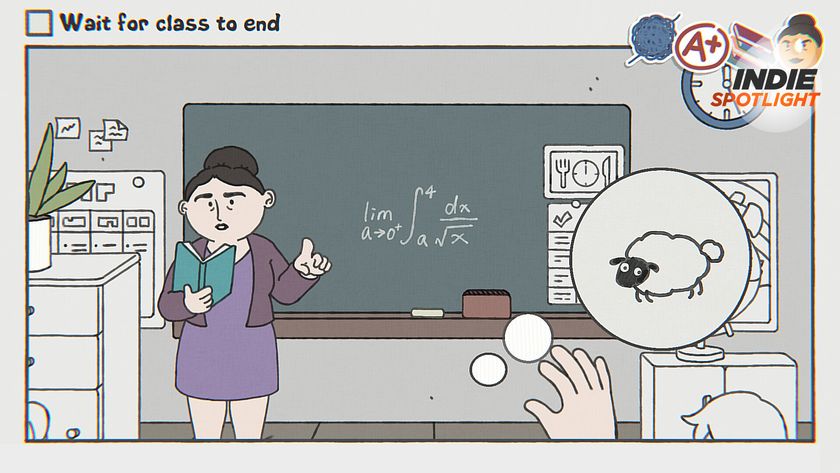Why you can trust 12DOVE
When footie fan Nick Hornby's largely autobiographical Fever Pitch jinked and shimmied its way into the book stores back in 1992, it quickly became a blockbuster, a modern classic for everyday people - - especially everyday people who happen to be Arsenal fans (if there are any). It would claim prize after glittering prize, linger in the top 10 of the UK best-seller league for six months, and go on to be enjoyed by excited readers in countries as far afield as Israel, Hungary and Spain. But can a story about football - - worse, one about football supporters - - really make for a decent film? The odds (Escape To Victory, When Saturday Comes, pick your own...) are against it, but the shock result is, without doubt, an unequivocal "Yeeeeeesssss!"
The real surprise about Fever Pitch is not just that it's a good film, but that you don't have to be "into" football to enjoy it. At its heart is the tale of "one man's obsession"; the obsession happens to be footie, but we can surely all find our own equivalents by which to judge the actions of the characters.
At the centre of it all is Paul, an English teacher who spends his waking days at a North London Comprehensive, discussing the finer points of the literary classics and his beloved Arsenal FC - - though not always in that order. He's that rare breed of teacher who actually talks to his pupils, and makes school worth turning up for in the mornings. Not surprisingly, Paul also has a strong interest in the school footie team; as their coach, he leads them through a mixed run of 1-0 defeats and rampant 3-1 victories.
But then new teacher Sarah turns up, and things start to get ugly. Their professional ideals are the first but not the only thing to clash - - soon she's dubbing him a football yob, he deems her uptight and hysterical, and (in movie tradition, funnily enough) their getting together is inevitable. Indeed, in no time at all Sarah finds herself going out with Paul, and immersed in the ""Referee's a wanker!""/""One-nil to the Arsenaaaal!"" world of the committed Gooner. Not, of course, that she understands it.
We - - the audience - - slowly begin to, however. In a series of neatly realised flashbacks, the reasons for Paul's life-consuming fixation become clear. Even more importantly, a series of historical snapshots show how Paul's love for the Gunners helps him forge important relationships, and gives him a sense of belonging. Trouble is, his emotional life and the Arsenal's fortunes have become hopelessly intertwined - - as his side's dreams of the championship fade, so his on-off-on-again relationship with Sarah begins to hit the slippery slope. But then a last-gasp chance of redemption comes their way in the form of a blood-pumping 90 minutes against Liverpool.
In his feature film debut, director David Evans keeps all his balls in the air. He has created a movie positively crackling with energy. He handles his cast well, Firth once again proving his versatility and the rest of the players providing solid support - including Ruth Gemmell as soccer widow Sarah, Neil Pearson as "flashback dad" and Mark Strong as Paul's footie-deranged mate.
The real £15 million star, however, is the script. As much about life itself as about football, Nick Hornby's spot-on observations make for an increasingly entertaining experience. Be prepared for a surprise as Fever Pitch reveals itself to be the year's best comedy so far. One-nil to the British film industry.
The Total Film team are made up of the finest minds in all of film journalism. They are: Editor Jane Crowther, Deputy Editor Matt Maytum, Reviews Ed Matthew Leyland, News Editor Jordan Farley, and Online Editor Emily Murray. Expect exclusive news, reviews, features, and more from the team behind the smarter movie magazine.

Despite Zelda: Majora's Mask basically being a horror game, one of its key devs didn't think its creepiest features were scary at all: "People on the team were like 'whoa!'"

Corsair exec says GTA 6 is coming to PC in early 2026 and then quickly un-says that

This puzzle game has done the impossible: waiting around for something to happen has never, ever been this fun
Most Popular




